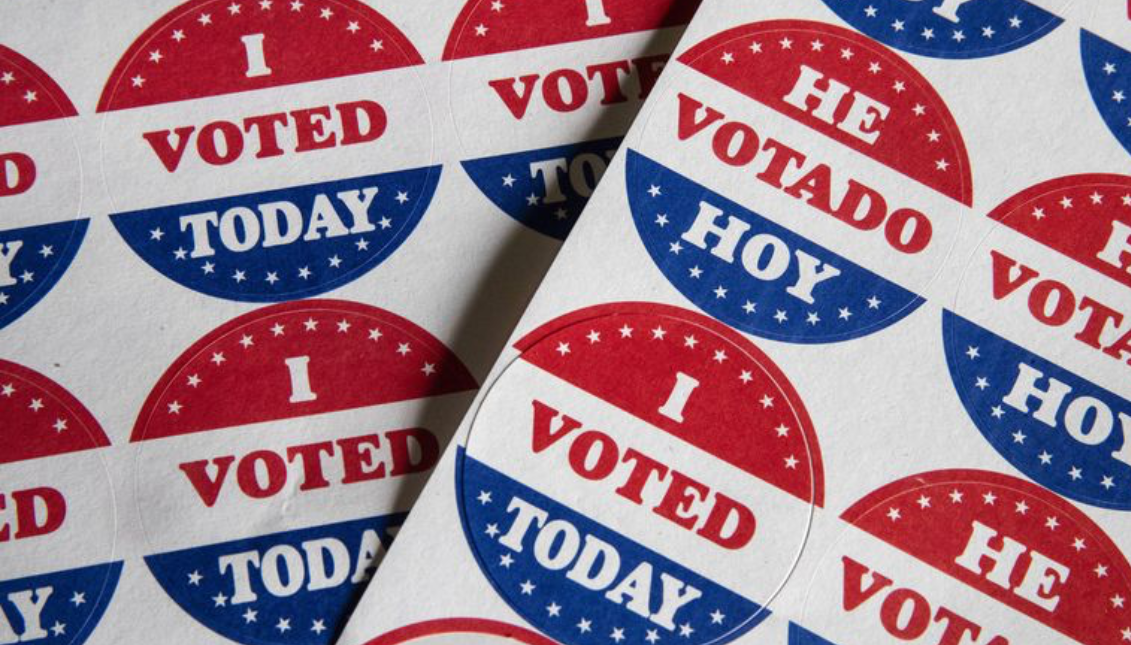
Spanish-language voting materials required in 31 Florida counties after major voting rights victory
The lawsuit Rivera v. Barton was filed in 2018, after 73-year-old Marta Rivera Madera went to vote and couldn’t because of the language barrier.
A victory has been reached for Puerto Rican residents in 31 Florida counties, who will now have access to Spanish-language ballots, election material, hotlines, options on websites, assistance at polling stations and signs at election supervisors’ offices.
The victory came in the form of a settlement in one of the largest lawsuits filed under the 1965 Voting Rights Act.
The Rivera v. Barton lawsuit was filed in 2018 by racial and voter justice organizations, arguing that the absence of Spanish-language ballots and materials for voters who recently moved from Puerto Rico to Florida, violated the Voting Rights Act.
Because Puerto Rico is a U.S. territory and Puerto Ricans are U.S citizens, they can register and vote in state elections when they move to the mainland. Of the nearly 1 million Puerto Ricans now living in Florida, about 859,000 were eligible to vote in 2018.
Seventy-three-year-old Marta Rivera Madera was the plaintiff in the 2018 lawsuit.
She moved to the states a year before the 2018 elections, to be near her daughter after Hurricane Maria devastated her home on the island. When she went out to cast her vote, she immediately felt frustrated and powerless, as all the election material was strictly in English.
“It was confusing and no one spoke Spanish,” Rivera Madera told NBC News. “I didn’t know who to vote for and had to ask my daughter for help.”
RELATED CONTENT
In 2019, a federal judge issued a preliminary injunction requiring that these 32 counties provide Spanish-language ballots and assistance in time for the March 2020 presidential primary election.
Of the 32 counties, Charlotte was the only one that chose not to be a part of the settlement, meaning they could be subject to further litigation if an election arrives and they offer no Spanish-language materials and assistance.
“It has been a long and tedious road and these elections in the midst of a pandemic were no exception, but we achieved it, we achieved justice for our Hispanic community,” said Kira Romero-Craft, lawyer and spokesperson for LatinoJustice.
“It shouldn’t have taken this long, what @latinojustice & the plaintiff’s organizations are doing is ensuring that we are monitoring and observing violations of the Voting Rights Act,” said Miranda Galindo regarding the settlement in Rivera v. Barton.
— LatinoJustice PRLDEF (@latinojustice) February 4, 2021
https://t.co/hMwz83u07K pic.twitter.com/zzsqmxGCOd
After learning of the situation through Rivera Madera’s story, LatinoJustice teamed up with Faith in Florida, Hispanic Federation, Vota Education Fund, Unidos US and Vamos for PR to begin the process of making sure that all voters can access resources in their native language.
“This is not for me alone, because I am already old, this is for many young people and future generations,” Rivera Madera said.
The agreement will provide additional aid for Spanish-speaking voters in these counties that go beyond what the new state rules require. The election supervisors in the 31 counties will offer multiple forms of language access services for the next 10 years, including election materials and hotlines, translation of the official supervisor website, confidentiality envelopes and instructions for vote-by-mail ballots, and Spanish signs at supervisor’s main offices and branches.
“By ensuring that voters with limited English proficiency can access ballots, mail-in ballot applications and other materials in Spanish, today’s agreement is a further positive step in the pursuit of a just, inclusive, and multiracial democracy,” said Stuart Naifeh, a senior attorney at Demos.











LEAVE A COMMENT: